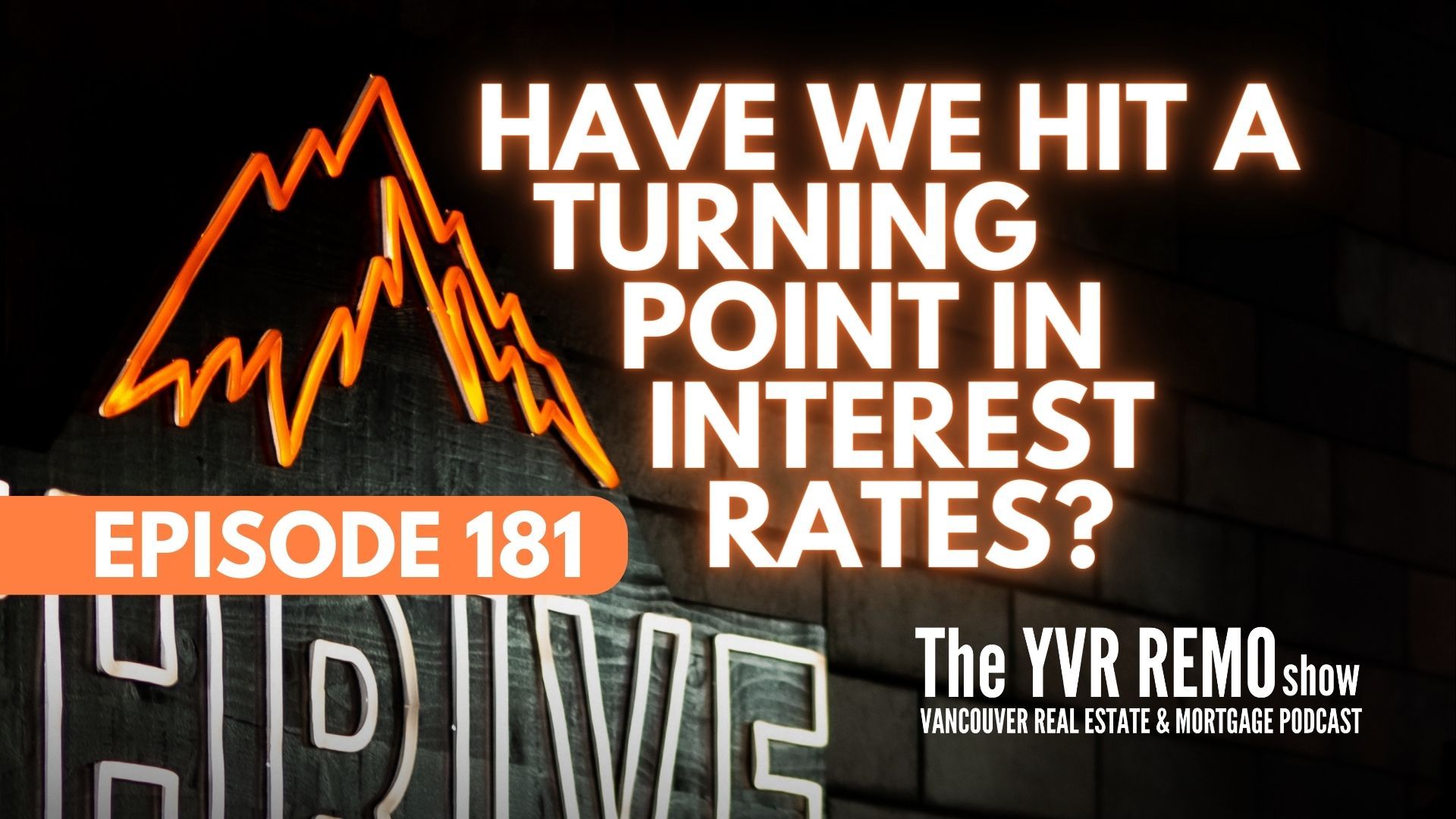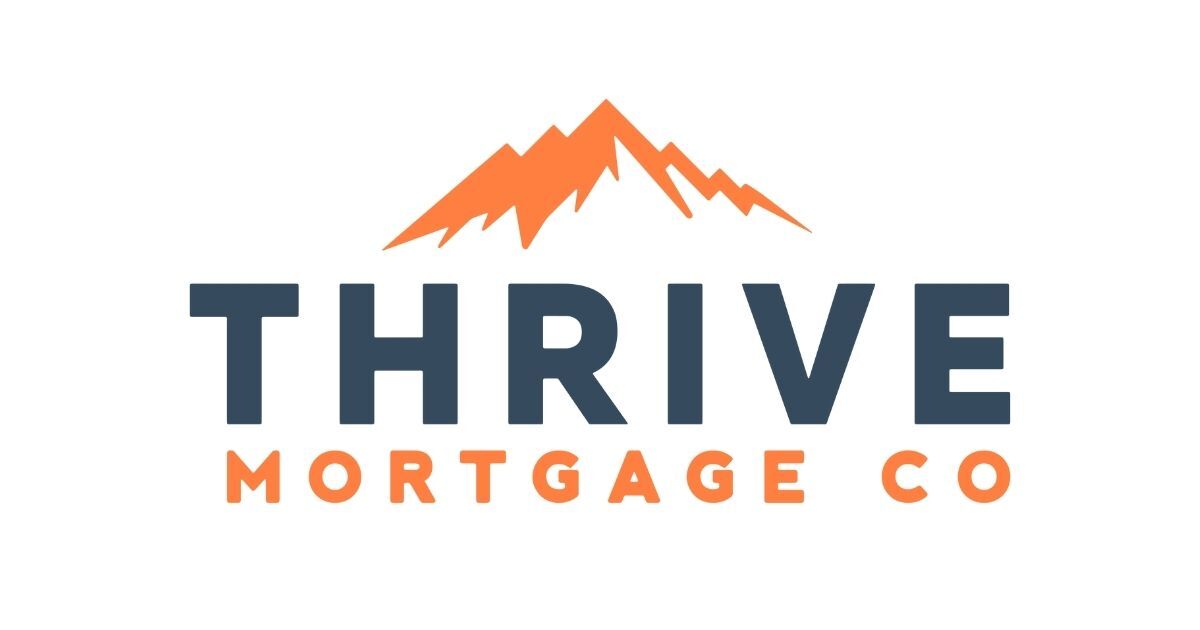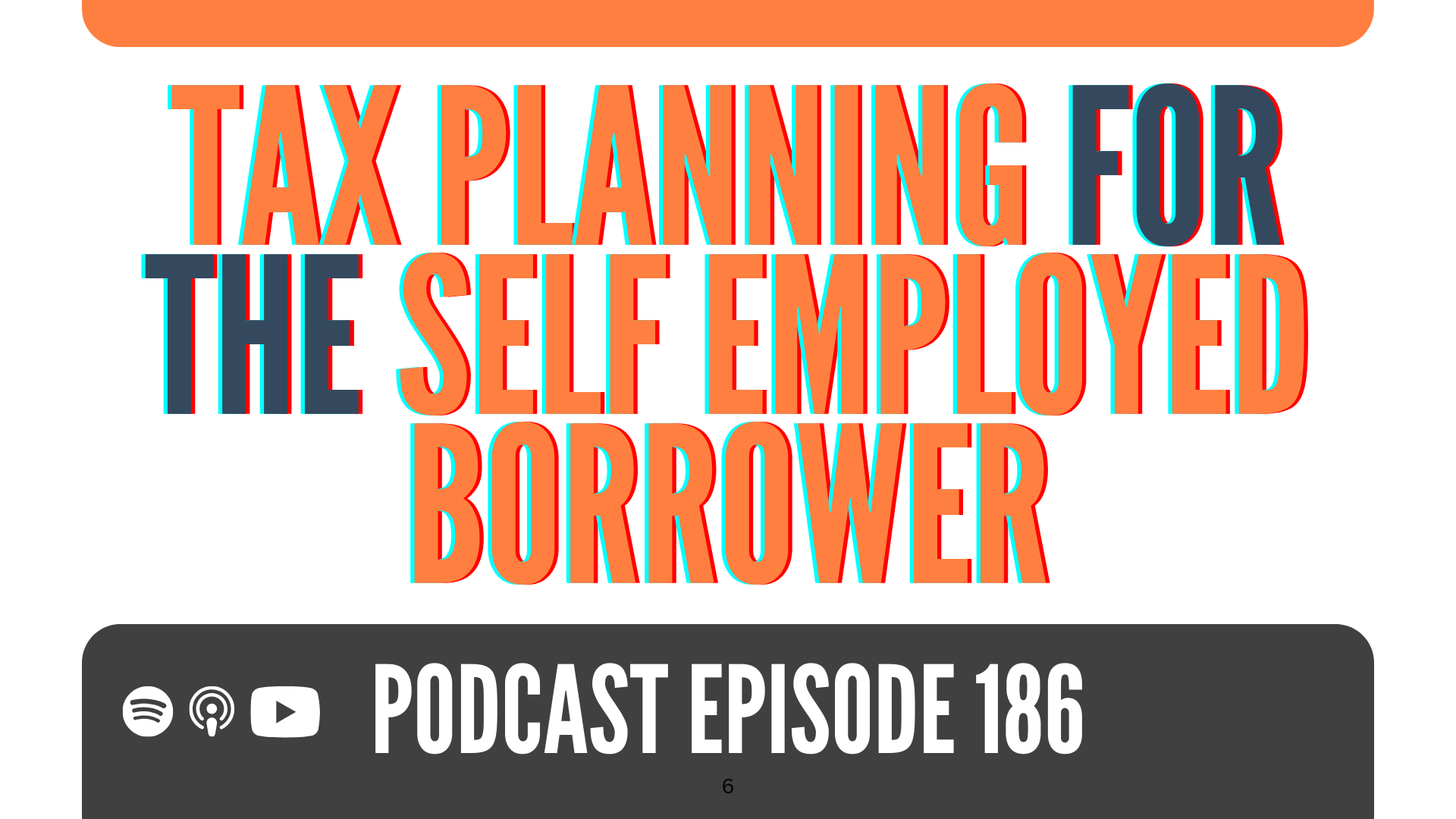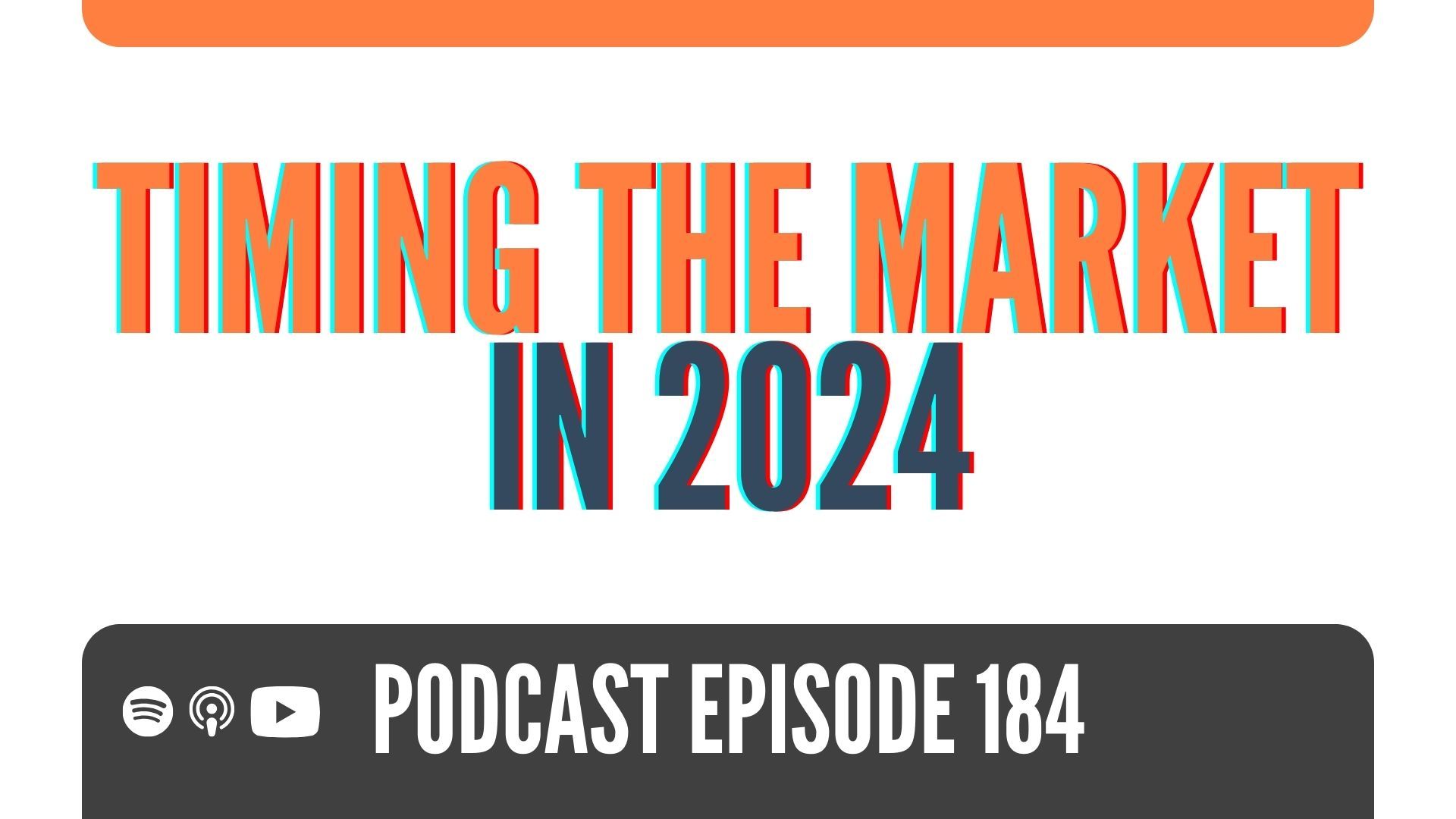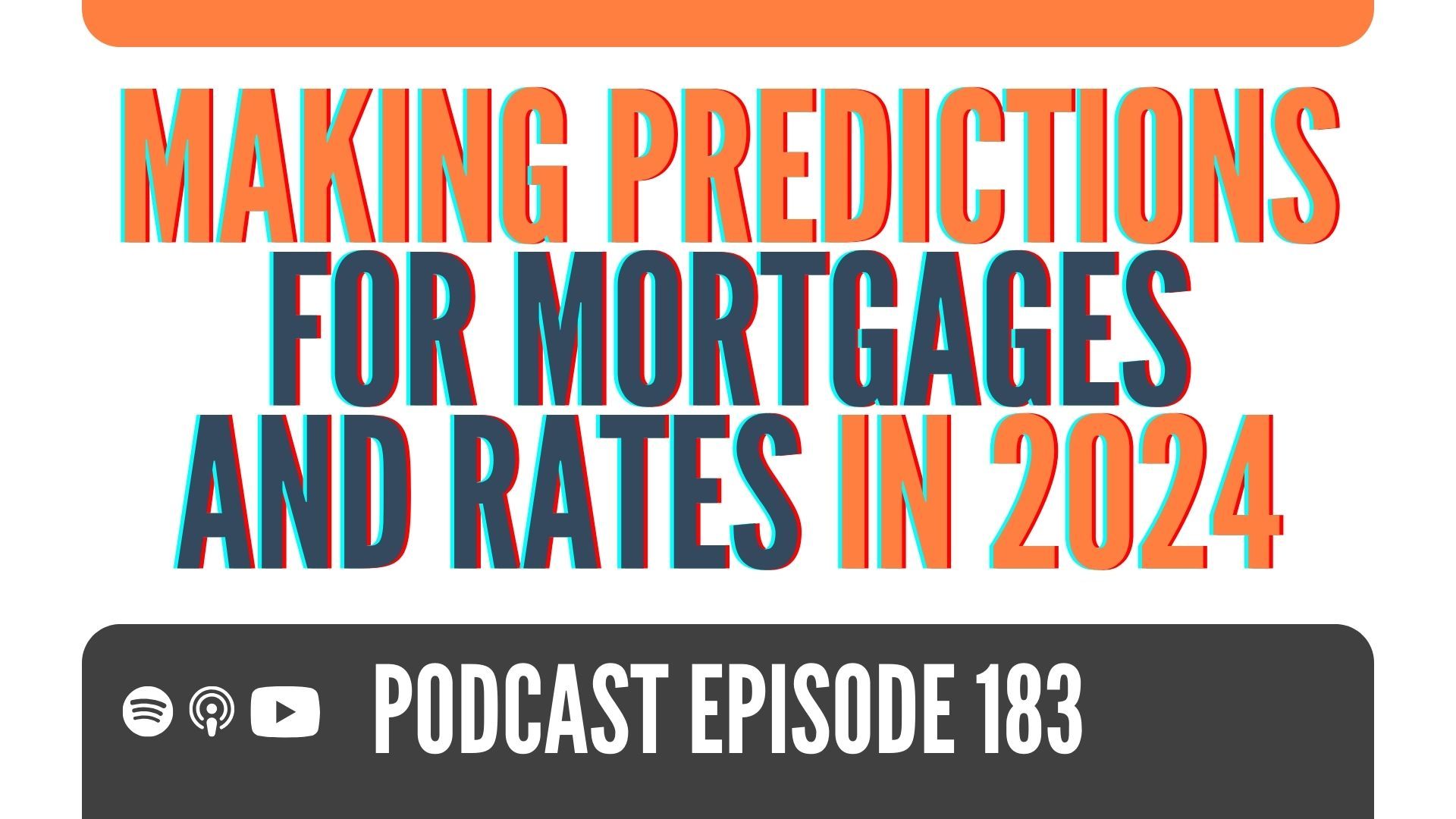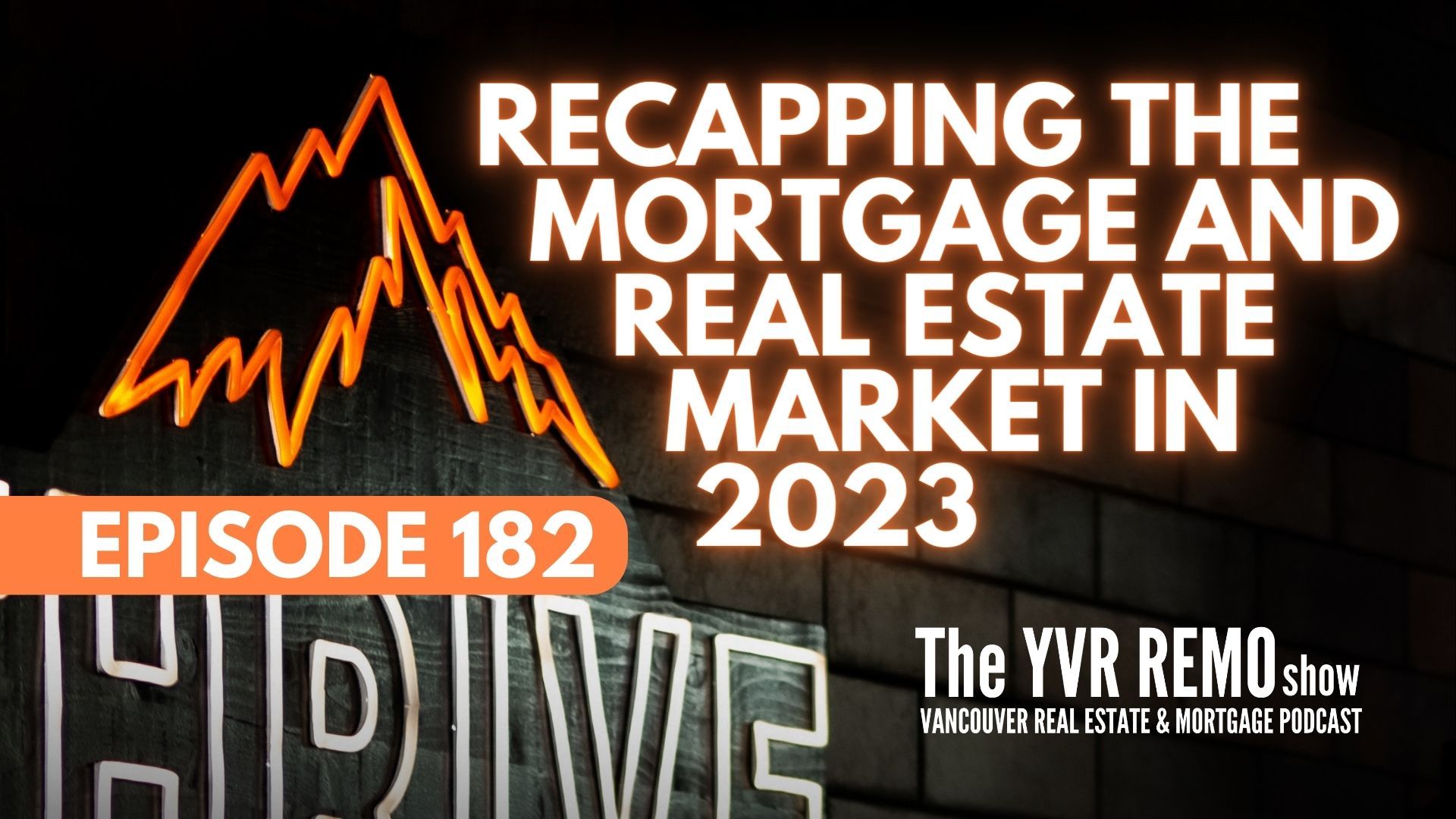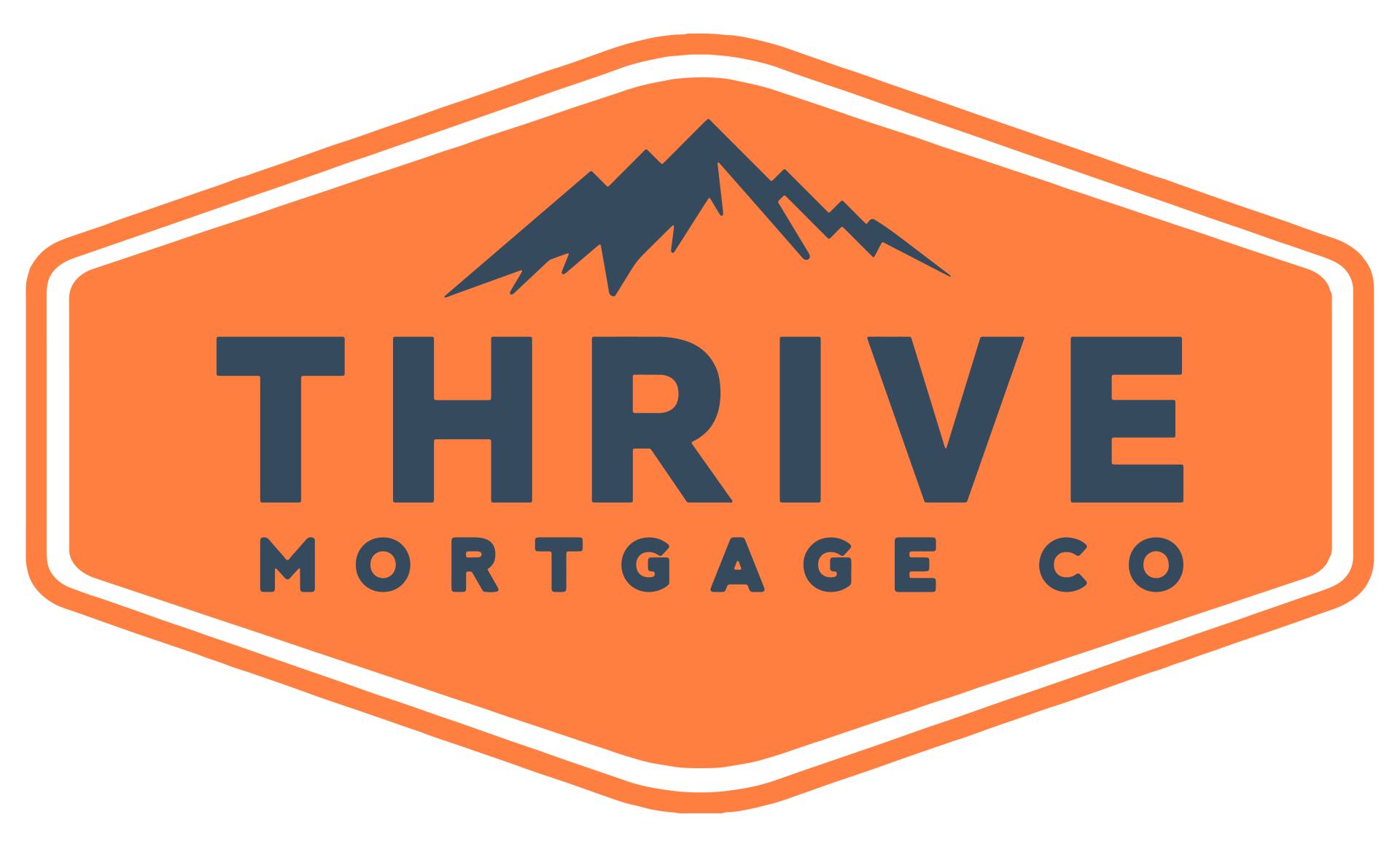YVR REMO Show Episode 15 - WHAT's HAPPENING WITH OUR ECONOMY w/ special guest DR. SHERRY COOPER
This is a very special episode for us. We welcome Dr. Sherry Cooper to the YVR REMO SHOW!
Sherry comes with a history of being the chief economist for BMO, has written many books, led the way for women in the economic space, and today she is the chief economist for Dominion Lending Centres.
Today we discuss what's happening in real estate, interest rates, and the overall economy during the COVID crisis and what she expects to happen.
Let's start by jumping into her backstory.
Sherry was born and raised in Baltimore, MD. She didn't decide on a career in economics until deciding to take an economics classes in university. She fell in love with the phycological and mathematical aspects of the topic. Sherry then continued her education to pursue a PhD. Upon completion, she went to work in Washington. She came to Canada with her then Canadian-born husband who had been offered a job in Toronto. Not sue about the move, Sherry decided to try living in Canada for a year and has never returned since.
Fast forward to day.
Have you experienced anything similar to this pandemic in the past?
When toronto was hit by SARS, it intrigued Sherry as to what the implications were going to be on the economy. She had met a number of public health professionals who said it was a matter of time before we would have a pandemic on our hands. There were those who thought H5N1 would become this talked about pandemic. At that time, she wrote a report outlining what effects such an occurrence would have on the economy. She knew it would require a major lockdown. Once things blew up in China, Sherry wondered if COVID-19 could be the big one, and it wasn't until March that the World Health Organization announced the lockdown, but all the signs were there beforehand.
What is the biggest thing from an economist standpoint that we can learn from this?
We are very unprepared for this type of event. Government public health officials announced the seriousness of the disease but the general public ignored most concerns. What we need to do going forward is have a dedicated department to look at potential disease outbreaks. Everyone in Canada has access to health care, so our country is more prepared than others. The loss of jobs, especially in the USA, is impacting those greatly who are unable to get proper health care.
What are your views on what the government and the Bank of Canada are doing and do you think it's working as well it could be?
At the beginning of March we saw a 150 basis point rate cut, proving how serious this pandemic has become. When that happened, Sherry was certain that it was not the usual recession. The government has responded and continues to increase assistance.
Do you foresee dramatic income tax increases to recoup money over the next several years?
The good news is interest rates are extremely low at this time. The cost of borrowing money by the federal government is very low. The Bank of Canada is buying government bonds, so in essence, they are financing all of this government spending. This is ok for the period over which the economy needs to regain its potential growth. Ultimately down the road what happens? Right now we're increasing the supply of money to provide enough liquidity to those that need to borrow in order to maintain throughout this disruption. Normally it would be considered inflationary but it's opposite because it's a medically induced coma. It's a government forced shutdown that has nothing to do with the economy. In time, the Bank of Canada will let its balance sheet shrink again, and as the economy comes back, we'll see the debt diminish. It will probably take years to get back to where we were at the end of 2019. Sherry predicts that it will take 3 years but we don't really know because of the virus and the timeline of a possible vaccine.
Are we entering a form of recession for the foreseeable future?
In the second quarter, the GDP numbers will be hugely negative just by virtue of fact that everything is shut down. The GDP growth in the second quarter could be minus 40%. Even the Bank of Canada says it could be -15 to -40. With luck, well see positive growth after. There will be alot of, what economists call, creative destruction. This is when there will be some winners and some losers. We've already seen big winners through this pandemic such as zoom video podcasts. A lot of the businesses that benefit from removed connectivity are doing well. New companies will evolve as success stories from the shifting economy. Not all people will have jobs to go back to or will find new jobs. If you are working for a company that continues to pay you from home, then nothing has really has changed for you. Those who see change are professionals such as dentists or those in the service industry. There's only a certain window that small businesses can function without revenue coming in. Some of the government programs are helping with the allowance or incentives to keep employees on payrolls. The sooner we can get back out to do our jobs and create economic growth, the easier it will be to return to a growing economy. One concern is opening up too quickly means there could be a surge in COVID-19 cases. This would result in hospitals getting overwhelmed again. In provinces like Ontario, where we see larger population, this continues to be a concern.
What are your thoughts on the activity in the real estate market right now?
If it were not for COVID-19 we would have had the strongest spring season in a very long time, possibly historically. There is still pent up demand. These people will have to do it in a different way and many realtors have said they are innovating new ways of presenting their properties. One method being utilized has been virtual tours. For the realtor it's a way to focus the clients attention and show them specifically what you want them to see.
Do you think we will notice a change in the market as the 6 month mark hits?
Eventually mortgage deferrals will come to an end and the payments will become a bit higher than they were before. For those who still cannot go back to work, it brings concerns. Will these people default and have their accounts go into delinquency? The banks and lenders don't want to own these homes. They want to give people the space they need to recuperate.
Would you agree that housing, from a financial standpoint, is as safe as it ever has been to invest?
Land and real estate is finite. It has always been a great investment regardless of ups and downs. Whether or not this is the time to rush out and invest, that is a different story which depends on an individual's particular circumstance. If you are buying as an investment you will most likely be renting. Finding renters during this time, for example, could be hard. This pandemic has also affected immigration. Many foreign students were accepted for this coming fall semester but haven't been able to get a visa because embassies have been shut down. Situations like this is an example that could affect the rental demand. The cost of carrying an investment property can be higher. Mortgage rates are almost at record lows. The Bank of Canada is not going to raise interest rates in 2020 or 2021. Interest rates will remain low.
The Bank of Canada has reduced the buffer that the banks have to hold to have greater availability to provide credit. They have also become the buyer of last resort for financial assets so markets remain liquid. This is so money and credit would be available. One of the reasons that lead to the great depression is because the central banks did not do this.
Why did the banks increase their interest rates during quarantine?
When the Bank of Canada cut interest rates, the market reaction was that things were terrible. Risk premium widened tremendously. The corporate yield widened and the cost to borrow by businesses increased. There was a deer in the headlights type paralysis. The Bank of Canada took prime rate down and mortgage rates started to edge down again. Right now both variable rates and fixed rates are both very near all time lows. We haven't seen bank earnings yet since this pandemic has started and will see them at the end of May. The last ten days of May we will see each of the banks announce their earnings and we have to expect they will be down. The will also announce non-performing loans. Banks have to hold reserves against them. There is a reason bank stock prices have come down 20-30%. We could see some volatility.
Are bank deposits lower than they were pre-covid?
Not for the large banks. In some respects, the Bank of Canada's buying securities that money flows into bank deposits to offset withdrawals. The smaller lenders that don't have a deposit base to rely on that, have been helped by CMHC and the Bank of Canada, who are buying mortgages to provide liquidity for all the lenders.
Do you think cmhc will stop purchasing mortgages?
CMHC has been profitable, returning millions of dollars each year to taxpayers. If they stop, it would mean they wouldn't have those revenues. They are apart of the mechanism to support liquidy in the economy not to dampen it.
Do you think we will see things become tighter or more difficult as things move forward?
The way underwriting standards are more difficult is for those people who have lost their jobs. Many people will be on EI and won't be able to get a mortgage.
Do you anticipate policies changing to assist first-time buyers?
Banks have finally taken down their posted rates. this week when the Bank of Canada announces the 5 year conventional yield, its likely to be 4.94% instead of 5.04%. Economists can make all the forecasts in the world but it's the buyer that determines the economic activity for now. As we've seen already, there may be a second wave for COVID, but not everywhere. Each province will have a different situation.
If we see a second wave, do you think we're better or worse off and what suggestions do you have for business owners?
We are better prepared now for a second wave than the first one. Even though parts of the country is opening up, the precautionary methods are stockpiling. The vaccine world is streamlining to find something to prevent this. In Canada, where we are much more compliant to the government and we will be sensitive to social distancing.
We enjoyed having Sherry on our podcast this week.
visit www.sherrycooper.com to check out Sherry's articles or to contact her.
How to Reach US! 📲
Call 604.398.5575 or Email us!
More Questions or READY to get started!?
Just Ask US > Click Here to set up a call or EMAIL us
